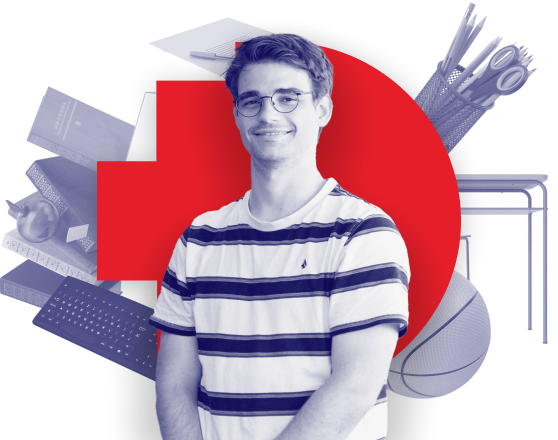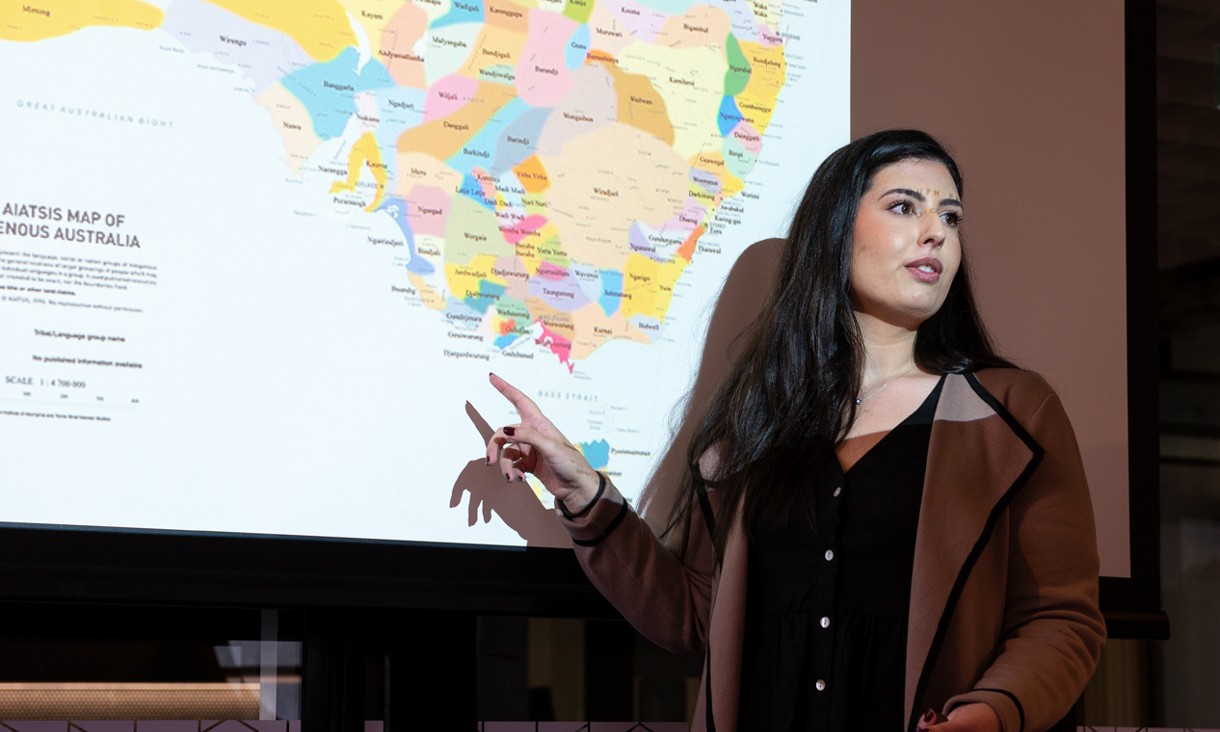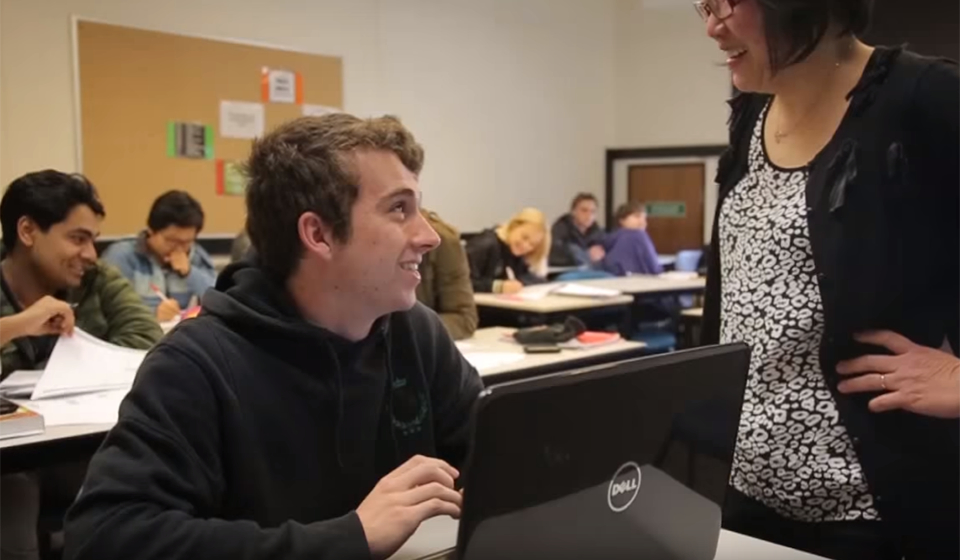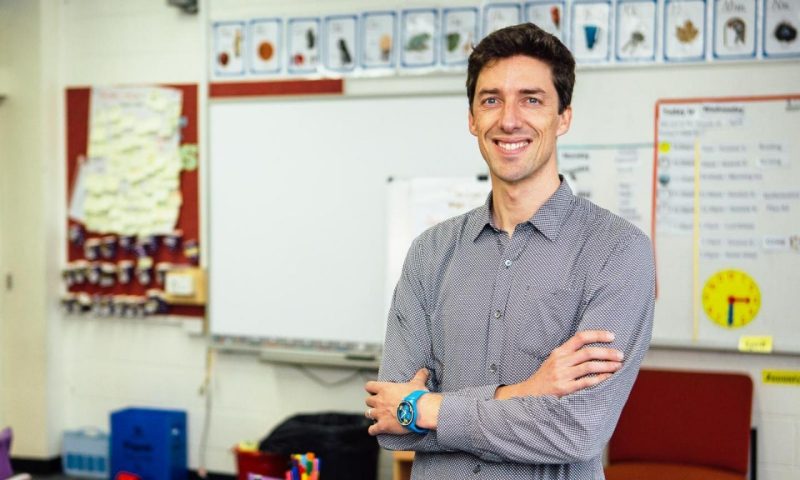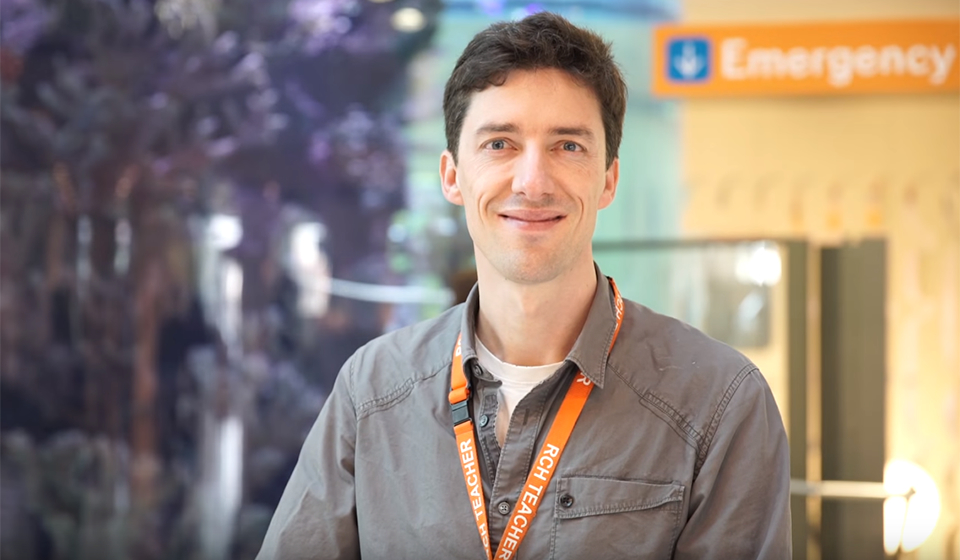| Accounting |
Major or minor in Accounting |
| Biology |
Major or minor in Biology– includes anatomy, botany, cell biology, ecology, ethology, evolution, genetics, human biology, microbiology, physiology, and zoology |
Business Management
(double specialist area) |
Major or minor in Business Management |
| Chemistry |
Major or minor in Chemistry – includes biochemistry, stoichiometry, food science, pharmacology, analytical chemistry, inorganic chemistry, organic chemistry, physical chemistry, polymer chemistry, and theoretical chemistry |
Commerce and Business studies
(double specialist area) |
Major or minor in Business Studies
- Major: A major sequence in one Business Studies area and a minor sequence in another Business Studies area are required
- Minor: Two minor sequences in different Business Studies areas are required.
Business Studies areas include Accounting/Finance, Business Management, Data Processing, Economics, Human Resource Management, Legal Studies, Marketing, and Secretarial Studies. |
Dance
(double specialist area) |
Major or minor in Dance or Performance Studies (Dance) |
Drama
(double specialist area) |
Major or minor in Drama, Performance Studies (Drama) or Theatre Studies (including practical Drama) |
| Economics |
Major or minor in Economics |
English
(double specialist area) |
(a) Major or minor in English (Literature or Literary Studies)
or
(b) Major or minor in Writing, English Language Studies or Linguistics, together with two additional units in English (Literature or Literary Studies) |
| English as a Second Language (ESL) |
Major or minor in one of the following:
(a) Linguistics
(b) A second language (i.e., not your first language)
(c) Appropriate studies on Teaching English to Speaker of Other Languages (TESOL) that include the following core content:
- the nature of the English language and the learning of English including formal systems, spoken and written discourse, language and social context, and bi/multilingual language and literacy development
- the socio-cultural context of TESOL including educational, cultural, historical and inter group issues and the implications for teaching and learning
- acquisition of English as a second or additional language. The study of how a second or additional language is acquired with reference to English with implications for TESOL pedagogy
- the institutional context of TESOL including the role of the TESOL teacher in the school organisation, with parents (as appropriate) and the wider community
|
| Geography |
Major or minor in Geography |
| Health |
Major or minor covering all four areas of Health, Human Development, Family and Nutrition |
| History |
Major or minor in History |
Home Economics
|
Major or minor covering:
(a) Food (Food Preparation and Food Science) or Nutrition
and
(b) Health or Human Development or Family |
| Humanities |
Major or minor in one of the following specialist Humanities areas:
(a) Economics
(b) Geography
(c) History
together with two additional units in another area of Anthropology, Cultural Studies, Economics, Environmental Studies, Geography, History, Indigenous Studies, Legal Studies, Philosophy, Politics, or Sociology |
Information Technology/Computing
(double specialist area) |
Major or minor in Computer Science or Information Technology |
Languages Other Than English (LOTE)
(double specialist area) |
Major in the language
Note: Native speakers of a language may seek a Statement of Equivalence from an Australian university to verify that their knowledge and competence in the language meets the standard of a major level study. |
| Legal Studies |
Major or minor in Legal Studies or Criminology |
Mathematics
(double specialist area) |
Major or minor in Mathematics |
Media Studies
(double specialist area) |
Major or minor in Media Studies, Film or Journalism. |
Music
(double specialist area) |
(a) Major study in Music which includes Practical Music
or
(b) Major study in Music together with AMEB Grade VI or Year 12 Practical Music |
| Philosophy |
Major or minor in Philosophy |
Physical Education
(double specialist area) |
Major in Physical Education
Studies should include study in the following areas:
(a) Discipline Study: Human Movement (e.g. anatomy, physiology, exercise physiology, biomechanics, growth and motor development, skill acquisition and psycho-social aspects of physical activity), Health and Nutrition
(b) Skills: fundamental motor skills, ball handling, dance, games, fitness education, athletics, aquatics, sport education |
| Physics |
Major or minor in Physics - includes acoustics, astrophysics, atomic physics, cosmology, electronics, mechanics, nuclear physics, optics and thermodynamics. |
| Politics |
Major or minor in Politics – includes international relations |
Psychology
(double specialist area) |
Major or minor in Psychology |
| Science |
Major or minor in one Science area together with two additional units in another Science area.
Science areas include Biology, Chemistry, Earth Science (Geology), Environmental Science, and Physics. |
Studies of Society and Environment (SOSE)
(double specialist area) |
Major or minor in one SOSE area together with two additional units in another SOSE area.
SOSE areas include Anthropology, Cultural Studies, Economics, Environmental Studies, Geography, History, Indigenous Studies, Legal Studies, Philosophy, Politics and Sociology. |
Visual Arts
(double specialist area) |
Major in Visual Arts which includes at least one quarter of a year of practical Art content – includes Ceramics, Computer-generated Art, Craft, Drawing, Metal, Painting, Photography, Pottery, Sculpture, Textiles, Visual Communication, Wood, etc.
|
